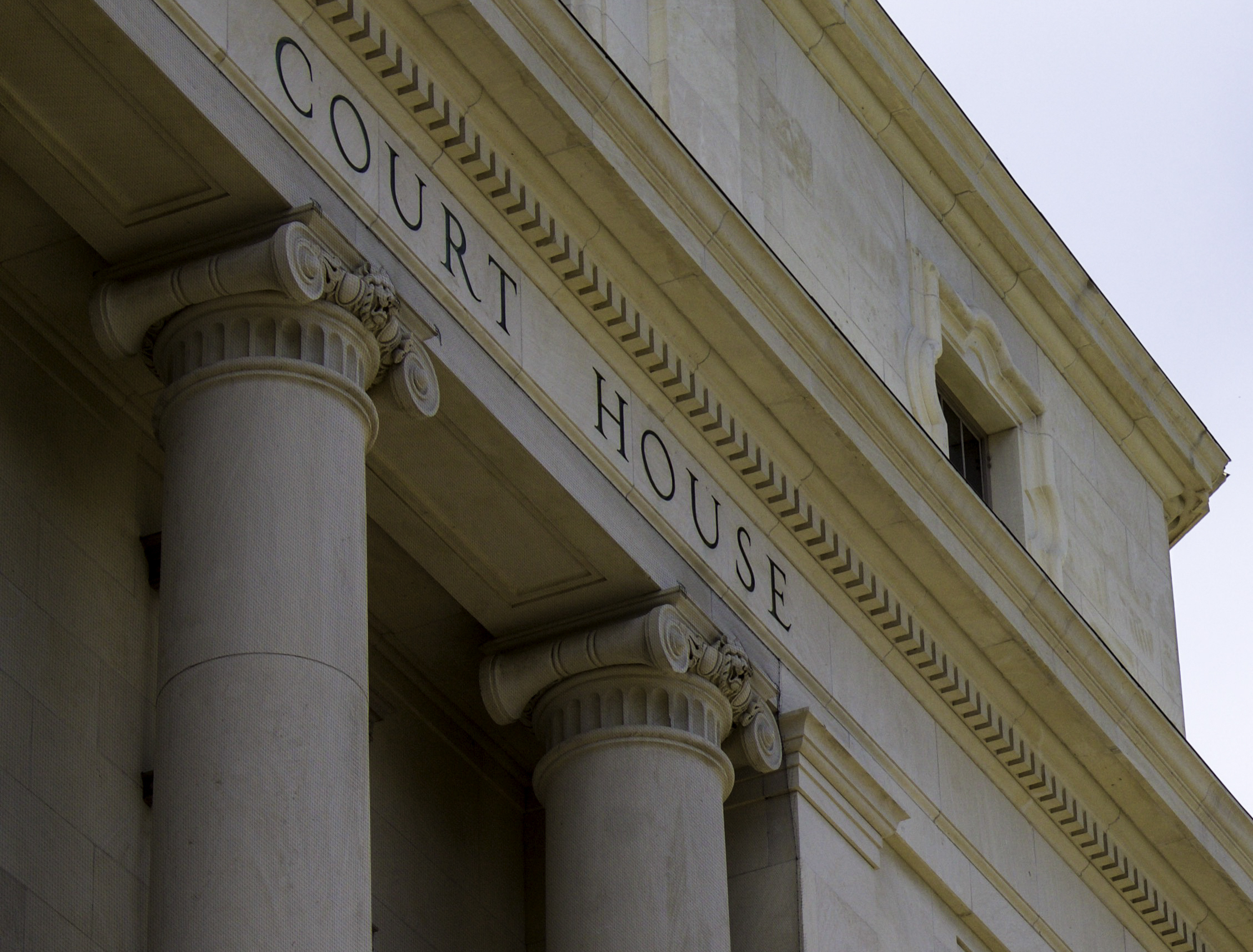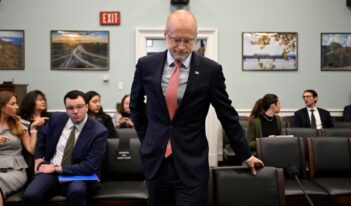
Sixth Circuit holds hearing on FCC’s municipal broadband order.
The Sixth Circuit recently held oral arguments on whether the Federal Communications Commission (FCC) can invalidate state laws that restrict municipal broadband services. “Municipal broadband” refers to broadband services provided by local governments, which are similar to city-operated electric utilities. The case, Tennessee v. FCC, only involves Tennessee and North Carolina, but eighteen other states also have restrictions on municipal broadband. Local governments in those remaining states—about 450 municipalities offer some form of broadband service—will likely petition the FCC to invalidate those laws if the FCC prevails, which would significantly affect the development of municipal broadband.
The Obama Administration touts municipal broadband as a way to expand broadband service to areas underserved by traditional, private broadband providers.
But private broadband providers view it as unfair government-subsidized competition. They have strongly lobbied for state laws that prevent competition by limiting municipal broadband.
In its effort to expand broadband service to underserved areas, the FCC invalidated Tennessee and North Carolina laws that restricted Chattanooga, Tennessee and Wilson, North Carolina from expanding their broadband services into neighboring areas: Tennessee had prohibited municipalities from providing broadband service to territories not served by their municipal electric utility, and North Carolina had prevented cities from incurring significant debt to finance broadband service expansion. The states appealed the order to the Sixth Circuit, arguing that the FCC infringed state sovereignty and exceeded its statutory authority.
At oral arguments, the central issue was whether the FCC has the authority preempt state laws. Preemption is a legal concept drawn from the U.S. Constitution’s Supremacy Clause that allows federal law to invalidate or displace state law. There is generally a presumption against preemption.
The FCC argued that Section 706 of the Telecommunications Act gives the FCC statutory authority to preempt the state laws at issue in the case. Section 706 directs the Commission to deploy broadband to all Americans by promoting competition and removing barriers to investment. According to the FCC, preemption is necessary to accomplish this mandate where states are interfering with broadband deployment. Judge Helene White seemed to agree in questioning the state attorneys that preemption was inconsistent with the Section 706 mandate.
The states countered that the FCC’s order was a violation of state sovereignty, arguing that Section 706 is not a congressional grant of authority to promote the expansion of broadband. In most cases, an agency cannot take an action unless Congress grants it authority to do so. A similar argument was raised in Verizon v. FCC at the D.C. Circuit in 2014. In that case, the D.C. Circuit struck down the FCC’s first attempt at net neutrality regulations but sided with the FCC that Section 706 was a congressional grant of authority. A decision against the FCC on this issue would create a circuit split that would likely be resolved at the Supreme Court. If the Sixth Circuit, or eventually the Supreme Court, holds that Section 706 is not a grant of authority, then the FCC’s entire regulatory regime for municipal broadband promotion and net neutrality falls apart.
Even if the FCC can rely on Section 706, the states contended that preemption is limited and should not apply in this case.
First, the states argued that Supreme Court precedent allows preemption only where Congress’s intention was “unmistakably clear in the language of the statute,” and noted that Section 706 contains no express preemption. Furthermore, this is the first time that the FCC has used Section 706 to preempt state law. The FCC countered that the presumption against preemption does not apply to areas with a “history of significant federal presence,” such as telecommunications.
Second, the states relied on Nixon v. Missouri Municipal League, a 2004 Supreme Court case, which held that a provision in the Telecommunications Act did not preempt a state ban on municipal phone service. To do otherwise, the Court held, would intrude on the sovereignty of the states to structure their own governments. The FCC replied that Nixon only applies to state laws prohibiting service, not laws regulating service, as is the case here. Drawing on the FCC’s position, the judges questioned the states about why the FCC cannot regulate the “how” of telecommunications services. For example, one judge analogized that it is constitutional for the FCC to regulate the frequencies of state radio stations.
Judicial deference to administrative agencies might rescue the FCC and distinguish the cases. In Nixon, the Supreme Court affirmed the FCC’s interpretation of the Telecommunications Act, where it found that it could not preempt the state law. In contrast, the FCC determined that it could preempt the Tennessee and North Carolina laws. Since the Court deferred to the FCC’s interpretation in Nixon, the FCC argued that the Sixth Circuit should defer to agency’s interpretation and allow preemption in this case.
A victory for the FCC would significantly change the regulatory landscape across the country by allowing the expansion of municipal broadband. Meanwhile, a loss would embolden private broadband providers to push more restrictions on municipal broadband. As a result, the Sixth Circuit’s opinion here might well be appealed to the Supreme Court, where it could join a potentially important telecommunications docket in next year’s term.



